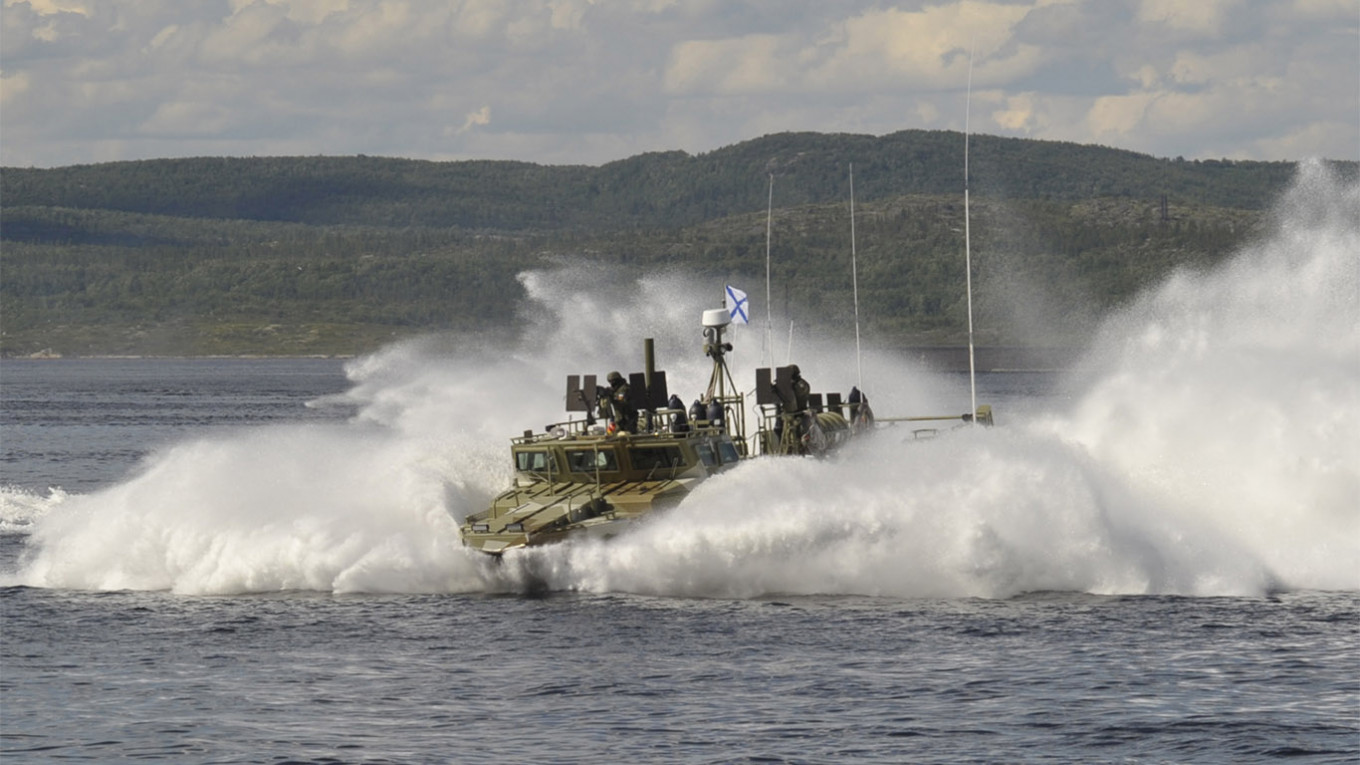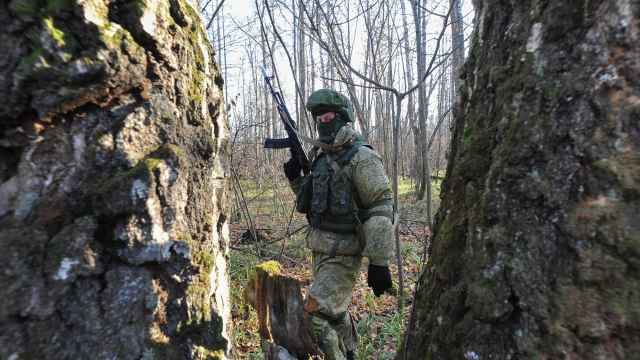Sweden has strengthened its military presence in the Baltic Sea, marking an unprecedented show of force directed at Russia over Moscow's maneuvers in the region.
Sweden said Tuesday that it lifted its military readiness for the first time since 1991 in reaction to levels of Russian and Western activity not seen in the Baltic Sea since the Cold War. The national daily Dagens Nyheter reported that the move was triggered by a Russian landing ship's passing near Sweden’s strategic island of Gotland earlier that day.
“Overall, the situation is more unstable and more difficult to predict,” the Swedish armed forces said in a statement on its website, adding that the foreign exercises have grown in complexity and rapidity.
It did not disclose the number of troops or equipment involved.
Swedish military analyst Johan Wiktorin told The Financial Times that fighter jets and tanks have been deployed to Gotland and four corvettes were conducting exercises nearby with a Finnish minesweeper. A U.S. special forces aircraft landed on Gotland over the weekend, he added, while Norway’s fighter jets patrolled the Arctic with U.S. bombers.
The Russian Navy held its annual Ocean Shield drills involving more than 30 warships in the Baltic Sea earlier in August.
The Swedish military's statement pointed to ongoing anti-government protests in Belarus, saying “the unpredictable security situation in our neighboring region places high demands on accessibility and preparedness.”
Swedish foreign minister Ann Linde told FT that the deployment was not related to the unrest in Belarus.
“When Russia is doing a big exercise we have an interest in showing that we have a very strong military in Sweden and that we’re of course prepared for a heightened security situation in our area,” Linde said.
Sweden, a historically neutral country that slashed its military spending at the end of the Cold War, reopened a garrison on Gotland in January 2018 amid concerns about Russia's intentions in Europe and the Baltic.
A Message from The Moscow Times:
Dear readers,
We are facing unprecedented challenges. Russia's Prosecutor General's Office has designated The Moscow Times as an "undesirable" organization, criminalizing our work and putting our staff at risk of prosecution. This follows our earlier unjust labeling as a "foreign agent."
These actions are direct attempts to silence independent journalism in Russia. The authorities claim our work "discredits the decisions of the Russian leadership." We see things differently: we strive to provide accurate, unbiased reporting on Russia.
We, the journalists of The Moscow Times, refuse to be silenced. But to continue our work, we need your help.
Your support, no matter how small, makes a world of difference. If you can, please support us monthly starting from just $2. It's quick to set up, and every contribution makes a significant impact.
By supporting The Moscow Times, you're defending open, independent journalism in the face of repression. Thank you for standing with us.
Remind me later.






